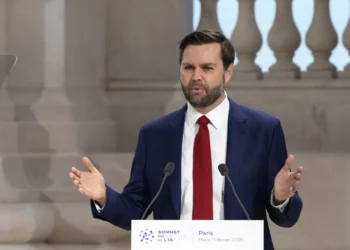The reduction of the Monetary Policy Rate (MPR) from 14.5% to 13.5% by the Monetary Policy Committee (MPC) of the Bank of Ghana is likely to result in the reduction of the Treasury bill rates.
The MPR is the benchmark against which other lending rates in the economy are pegged. This implies that, when policy rate falls, interest rate also falls leading to the market value of bonds also falling. This further leads to a drop in the average lending rate and subsequently reducing the Treasury bill rates.

Moreover, Nana Otu Acheampong, a banking consultant, also shared the same views whilst commenting on the reduction of the policy rate. He believes the move by the central bank will have both gainers and losers.
“Everybody now knows that the cost of money is going to be cheaper. So it’s good for businesses but not so good for depositors, as it will reflect in the reduction in the Treasury bill rates that people will be getting”.
Mr Acheampong
Meanwhile, this is the first time since March, 2020 since the Bank of Ghana has reduced the policy rate. Last year the Central reduced the policy rate by 150 base points, from 16% to 14.5% as part of policy measures to cushion the economy.
Nevertheless, the recent policy cut comes as a surprise to many experts who predicted the BOG to have maintained the policy rate.
Experts noted that, with hindsight, the BOG shouldn’t have revised the policy rate downwards because they are already struggling to meet their treasuries targets.
For instance, the 91, 182 and the 364 day treasury bills have been constantly undersubscribed for the past weeks. So, a reduction in the rate will further decrease the demand for the T-bills on the local bourse.
Furthermore, Nana Otuo Acheampong indicated that due to competition among banks, They are likely to see the effect of the reduction in about 3 months instead of the usual 4 to 6 months. This development, he believes, will be welcomed by the business community. However, he warned that it will have a negative impact on the government revenue targets.
Reduction in the Monetary Policy Rate is to Aid Economic Recovery
Meanwhile, the Governor of Bank of Ghana, Dr. Ernest Addison, who announced the reduction stated that the move will help in the recovery of the economy. This is because the coronavirus virus has had severe impact on households and businesses. The pandemic caused the country to record its first contraction last year in about 37 years.
Likewise, a senior lecturer at the University of Ghana Business School, Dr. Patrick Assuming also iterated that the policy rate cut could be a strategic move to boost growth. Growth picked up in the last quarter of 2020 and it’s expected to continue in 2021. The International Monetary fund (IMF) forecast Ghana’s economy to bounce back strongly at 4.6% this year.
On the contrary, some experts believe the cut in the policy rate will spur inflation and the exchange rate will come under pressure. This may happen as the economy begins to pick up in about 3 months to 4 months’ time.
READ ALSO: International reserves up by 27.4% in first four months of 2021



















